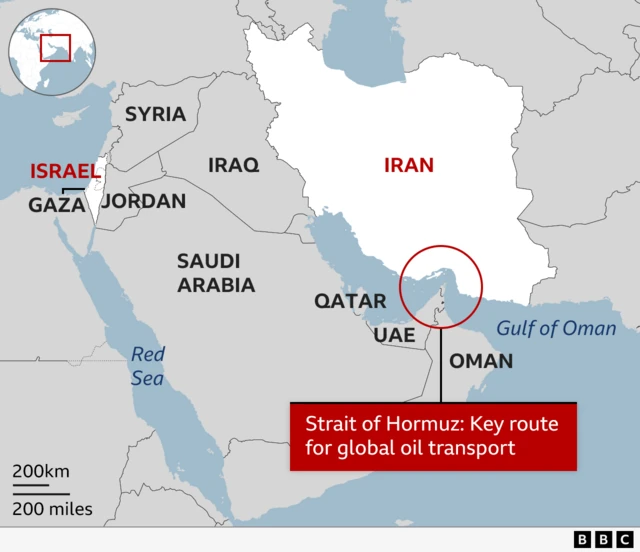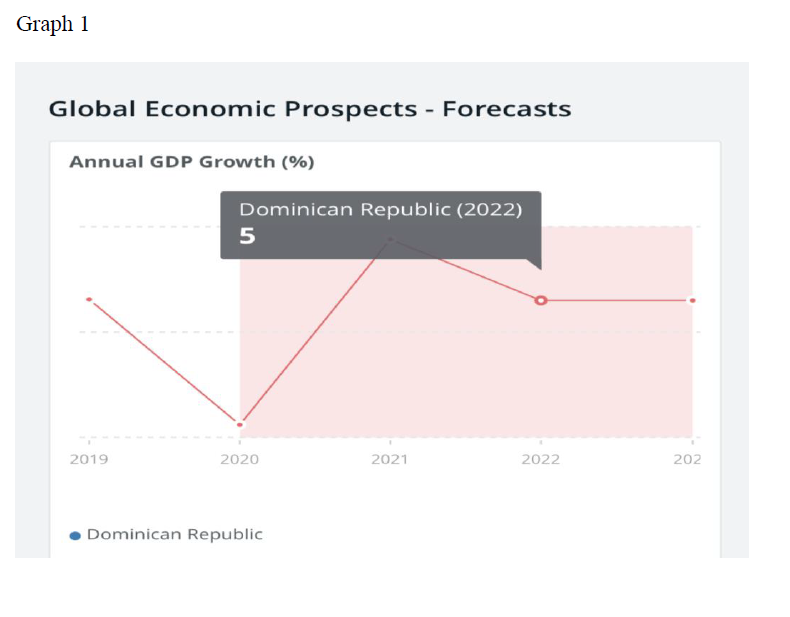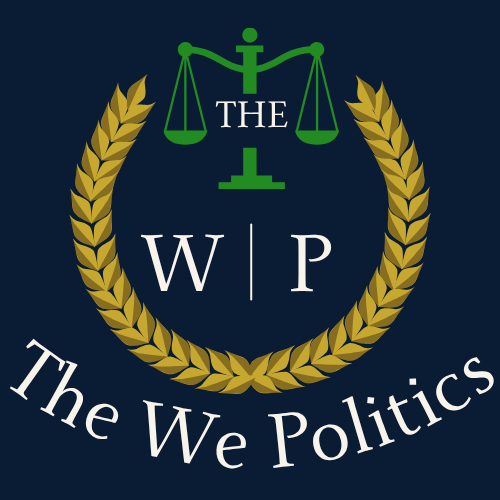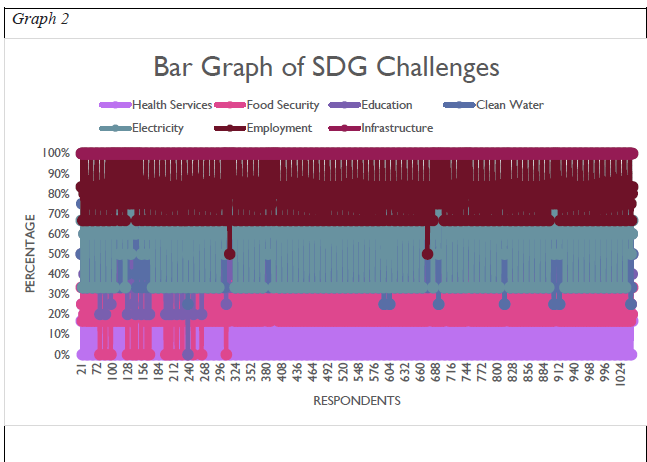0x1c8c5b6a
0x1c8c5b6a
Are we heading for a third World war?
Diplomacy fails miserably when autocratic ideology resurfaces. Sooner or later the conflict situation in the Middle East had to be addressed because the people in the region deserve peace. However, president Trump was hasty in attacking Iran, based on an authoritarian approach, without the approval of the U.S. Congress and strategies. If Iran still retained some nuclear ability and decide to respond, we would face a war that could have dire consequences, not only for the United States, but for the entire world.It should be noted that during World War II, the world was not as connected as it is today, meaning that the impact of a third world war would be much more imminent.Perhaps the consequences are not merely nuclear, since the Persian country’s first move is based on trade revenge, with the Parliament voting on Sunday, June 22, 2025, to close the Strait of Hormuz – the world’s most important maritime corridor for the transport of oil – a route through which 20% of all the world’s oil passes. source CNN
The Dominican Republic in the last 30 years: Sustainable Development Goals(SDGs), GDP, Poverty Trap & Inequalities
Abstract This analysis examines the significant changes that the Dominican Republic has undergone in the last 30 years in various areas, such as the economy, politics and institutions, public service delivery, and social cohesion. Despite being the fastest growing economy in the region, the country’s economic success has not translated into significant improvements in living standards for all citizens. The labor market remains characterized by vulnerable and precarious workers, stagnant wages, and insufficient investment in education and training. Poverty is widespread, and social spending levels are among the lowest in the region. This analysis aims to highlight both positive achievements and persistent challenges in each area and inquire about UNDP’s sustainable development country program for the Dominican Republic. The strengths and weaknesses of the Dominican Republic’s economic growth from 1990 to 2021 will also be discussed. The objective is to identify theoretical additions for improvement and provide findings and recommendations on this topic.
Rural Families & Public Policy vs. the Global Development Agenda in a Developing Country – Case study Cerca-la-source, Haiti
AbstractThis study examines the intricate dynamics between foreign interventions, the pervasive presence of Non-Governmental Organizations (NGOs), and the formulation of public policies in Haiti, specifically focusing on rural areas such as Cerca-la-Source. Through an original survey of 1047 participants from Cerca-la-source, we explore how external influences have inadvertently weakened the Haitian government’s faculty to develop and implement effective public policies to combat poverty and how NGOs’ hegemony often results in fragmented and misaligned development efforts that fail to meet at least the basic SDGs. Using a logistic regression model, this research highlights the factors influencing access to these SDGs, such as foreign interventions, NGO hegemony, and low government support for agriculture, health, education, and infrastructure. The results underscore the urgent need for a paradigm shift towards inclusive, locally driven policies that empower rural families and align with broader sustainable development goals. This research contributes to the discourse on development policy by providing evidence-based insights and recommendations for fostering a more effective and cohesive approach to rural development in Haiti.



